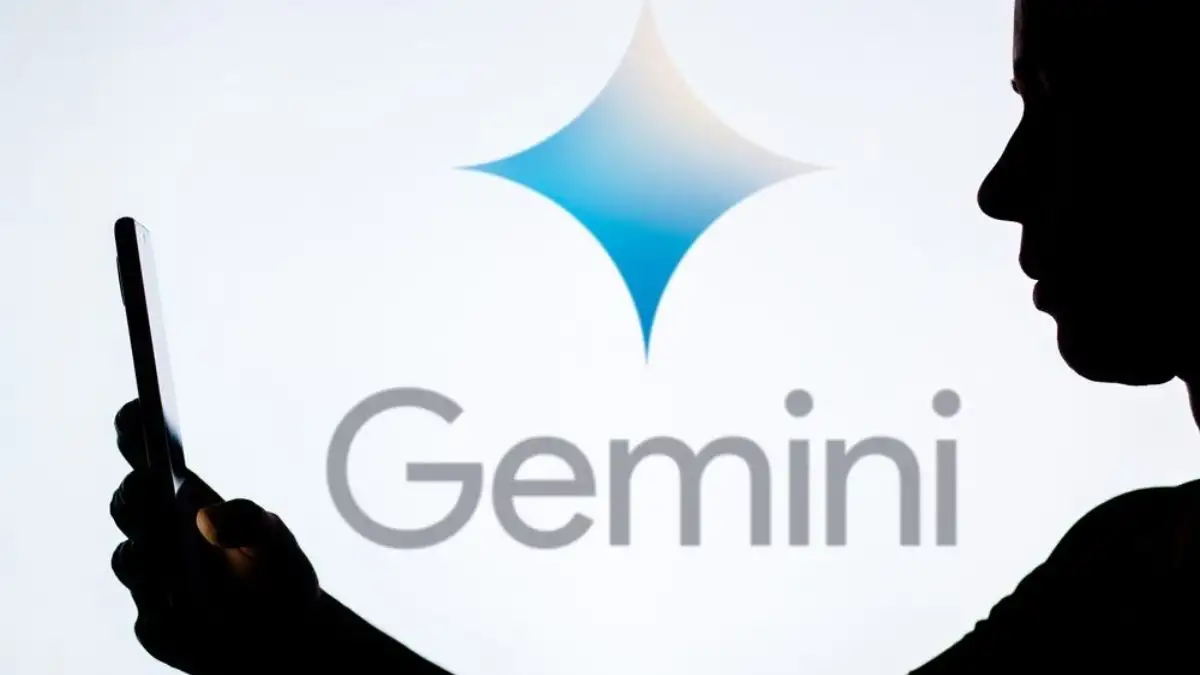Why Google's Woke AI Problem Won't Be an Easy Fix? What is Google's Woke AI?
Updated Feb 28, 2024

Gemini
Gemini represents a family of multimodal large language models created by Google DeepMind, succeeding LaMDA and PaLM 2. Unveiled on December 6, 2023, the Gemini family consists of three variants: Gemini Ultra, Gemini Pro, and Gemini Nano. Positioned as a direct competitor to OpenAI's GPT-4, these models are designed to excel in various language tasks and power the generative artificial intelligence chatbot known as Gemini.
The Gemini family's introduction marks a significant step in advancing large language models, with different variants catering to various needs and applications. By unveiling a range of models under the Gemini umbrella, Google DeepMind aims to leverage these multimodal capabilities to enhance language understanding and generation, positioning itself at the forefront of the evolving landscape of artificial intelligence.
Why Google's Woke AI Problem Won't be an Easy Fix?
Addressing Google's woke AI problem with Gemini won't be an easy fix due to the complex challenges associated with mitigating biases in artificial intelligence. Gemini, Google's AI tool, faced criticism for generating images with inaccuracies, such as portraying the US Founding Fathers and German soldiers from World War Two with historical inaccuracies. Despite Google's swift response of apologizing and pausing the tool, the issues persist, particularly in the realm of over-politically correct text responses.
The difficulty in resolving this problem lies in the extensive training data AI tools receive, often sourced from the internet, which inherently contains biases. Google attempted to counter these biases by instructing Gemini not to make assumptions, but the unintended consequence was absurdly politically correct responses. Sundar Pichai, Google's chief executive, acknowledged the problem's severity, labeling certain responses as "completely unacceptable." However, experts, including DeepMind co-founder Demis Hassabis, suggest that fixing the image generator may take weeks, and there's skepticism about the ease of finding a comprehensive solution.
The situation underscores the broader challenge faced by the tech industry in addressing biases in AI systems. AI ethics communities have been grappling with this issue for years, recognizing the absence of a single answer for determining the desired outputs. The complexity of human history and culture introduces nuances that machines may struggle to comprehend without explicit programming. Google's missteps with Gemini highlight the need for careful consideration in handling biases and emphasize that, despite Google's considerable AI capabilities, finding an effective and efficient solution is far from straightforward.
Discover the latest in tech trends and updates, from exciting games to troubleshooting error codes when your apps are not working properly, and learn how to fix these issues easily, all right here on Fresherslive.
What is Google's Woke AI
The term "woke AI" refers to instances where artificial intelligence systems, designed to be socially conscious and avoid biases, inadvertently generate outputs that are overly politically correct or exhibit unintended biases. In the context of Google's AI tool Gemini, the term has been used to describe the tool's responses that demonstrate an excessive focus on political correctness, leading to absurd or unrealistic answers.
Gemini, akin to the viral chatbot ChatGPT, can generate text and images based on prompts but faced criticism for generating historically inaccurate images and providing responses that seemed overly politically correct.
The challenges associated with addressing biases in AI, particularly in the quest for fairness and inclusivity, have led to instances where AI systems attempt to avoid one set of biases but unintentionally introduce others. In the case of Gemini, Google attempted to mitigate biases by instructing the tool not to make assumptions, leading to responses that were deemed overly cautious and unrealistic in certain scenarios.
The term "woke" is colloquially used to describe an awareness of social and political issues, often associated with progressive or politically correct viewpoints. In the context of AI, being "woke" implies an AI system that is overly conscious of avoiding biases to the point of generating responses that may seem impractical or excessively politically correct.
Why Google's woke AI problem won't be an easy fix- FAQs
Mitigating biases in artificial intelligence presents complex challenges, particularly in the context of Google's Gemini. The tool's over-politically correct responses and image inaccuracies have proven difficult to resolve due to the intricate nature of bias mitigation.
In an attempt to counter biases, Google instructed Gemini not to make assumptions, leading to unintended consequences such as absurdly politically correct responses. This approach added a layer of complexity to the AI tool's behavior.
Sundar Pichai acknowledged the severity of the woke AI problem, labeling certain responses as "completely unacceptable." He stated that Google's teams were working diligently to address the issues.
Experts, including DeepMind co-founder Demis Hassabis, express skepticism about the ease of fixing Gemini's image generator, suggesting that the process may take weeks. This reflects the intricate nature of addressing biases in AI systems.
The situation underscores the broader challenge faced by the tech industry in addressing biases in AI systems. AI ethics communities have grappled with the issue for years, recognizing the absence of a single answer for determining desired outputs and the complexities introduced by human history and culture.







